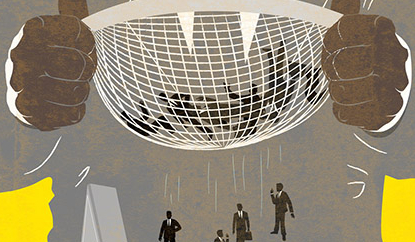英文法律词典 V-9
|
VERIFICATION, pleading. Whenever new matter is introduced on either side, the plea must conclude with a verification or averment, in order that the other party may have an opportunity of answering it. Carth. 337; 1 Lutw. 201; 2 Wils. 66; Dougl. 60; 2 T. R. 576; 1 Saund, 103, n. 1; Com. Dig. Pleader, E. 2. The usual verification of a plea containing matter of fact, is in these words, "And this he is ready to verify," &c. See 1 Chit. Pl. 537, 616; Lawes, Civ. Pl. 144; 1 Saund, 103, n. 1; Willes, R. 5; 3 Bl. Com. 309. 3. In one instance however, new matter need not conclude with a verification and then the pleader may pray judgment without it; for example, when the matter pleaded is merely negative. Willes, R. 5; Lawes on Pl. 145. The reason of it is evident, a negative requires no proof; and it would therefore be imper-tinent or nugatory for the pleader, who pleads a negative matter, to declare his readiness to prove it. VERIFICATION, practice. The examination of the truth of a writing; the certificate that the writing is true. Vide Authentication. |








